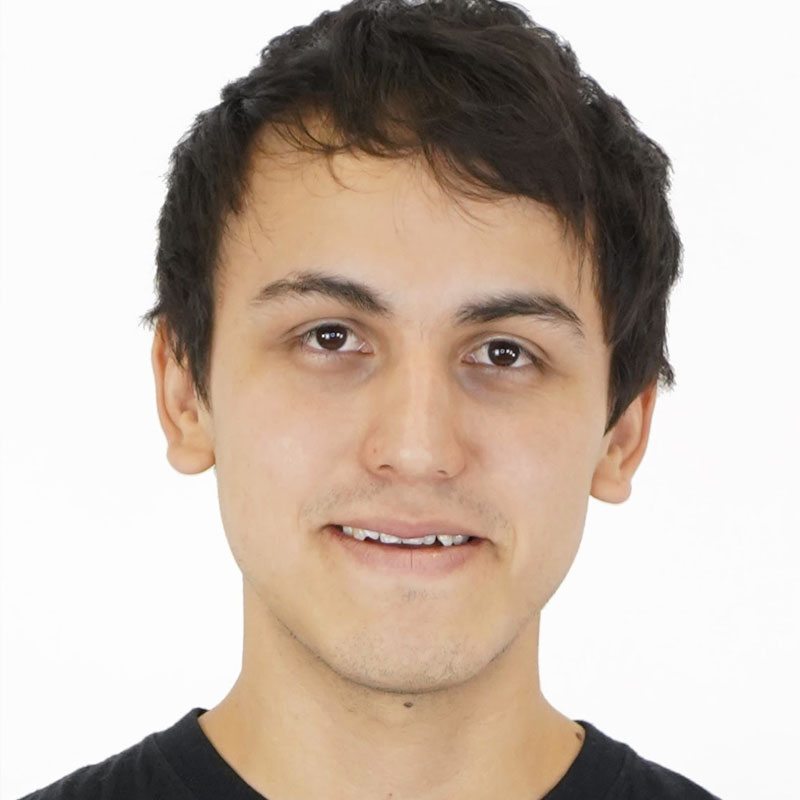The need was assessed to develop a music therapy program concept for refugee children in a community in Germany. The program concept addressed the unique emotional, psychosocial, and educational needs of refugee children through a salutogenic orientation and a community music therapy model. An initial exploration into topics related to the needs of refugee children identified trauma, the refugee journey, integration, language, and culturally humble practice as initial topics of investigation. Based on this exploration, it was possible to develop a program concept that includes both group and individual activities and interventions tied to the needs of refugee children.
Presentation Description:
This will be a lecture presented with a PowerPoint that will take as a basis the topic of the presenter’s thesis for the Master’s in Music Therapy program from SRH University in Heidelberg, Germany. Due to the increasing numbers of refugees all around the world, this is a relevant and timely topic. The presentation will be divided into an introduction with some facts about refugees around the world and specifically in Germany, followed by the theoretical framework (salutogenic orientation and community music therapy) and a brief discussion of trauma, the refugee journey, culturally humble practice, and the review of key literature. Lastly, the presentation will include the structure of a program to be implemented in Germany as an example of what could be implemented in different parts around the world. Q&A time at the end is naturally welcome.
Learner Objectives:
- Implement an appropriate referral system for the population served.
- Identify external factors that may impact the accuracy of information gathered during assessment.
- Acknowledge therapist’s bias and limitations in interpreting assessment information.
- Consider the frequency, intensity, duration, service delivery model (e.g., individual or group sessions) when developing a treatment plan.
- Consider client’s age, culture, language, music background, and preferences when designing music therapy experiences.
- Provide individualized music therapy experiences.
- Utilize the following music therapy approaches to inform clinical practice: community music therapy, culture-centered, health, and wellness.
Target Audience:
Students, Entry-level professionals, Experienced professionals
Presenter Biography:
Samuel Gracida is a music therapist with a Master’s degree from SRH University in Heidelberg, Germany. Originally from Mexico, he is the Operating Director a non-profit organization that supports music and art therapy for seriously ill children and the Chair of the Communications and Outreach Committee of the IAMM.


